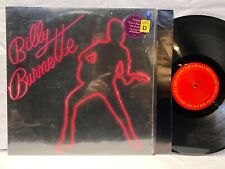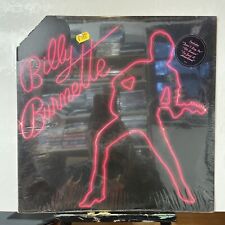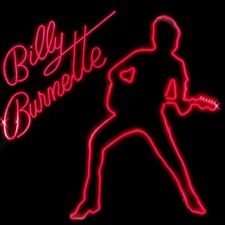|
Green Survives to Sing Blues Again (Boston Herald) Music; British guitarist survives the depths of the '60s to sing the blues again DEAN JOHNSON "I've been worried about bringing the blues from England to America," Peter Green recently confessed from his English home as he prepped his band, the Splinter Group , for tomorrow's show at the Roxy with John Mayall's Bluesbreakers. That might seem strange coming from Green, 53, because he already has done that with spectacular results. In the late '60s, Green was the lead singer and guitarist for the original Fleetwood Mac, a ferociously talented British blues band. That group didn't record glossy love songs and feature a lineup of Stevie, Lindsey, Christine, Flopsy, Mopsy and Cottontail. It boasted three lead guitarists, recorded in Chicago with some of that city's blues greats, and was at one time more popular than the Beatles or the Rolling Stones on its home turf. Green was its star, a frighteningly talented guitarist capable of supercharged, exquisitely melodic solos, who also wrote future rock classics such as "Black Magic Woman" and "Oh Well." Check out a recently released three-CD collection (recorded live at the famed Boston Tea Party rock ballroom during one of that group's many multi-night stands there) and you'll hear the finest, most inflammable aural document of the '60s British Blues explosion available. So what happened? In a word: drugs. Specifically LSD. Green and co-guitarists Danny Kirwan and Jeremy Spencer all were casualties of the hallucinogenic. Green was the first to leave Fleetwood Mac, breaking away in 1970. He recorded some solo albums and made guest apperances on other discs. But his behavior became increasingly peculiar, and for the better part of 20 years, Green dropped out of the industry and stopped playing guitar. A recent biography, for example, notes, "Reports were that Green had grown his fingernails long and his appearance was disheveled and distant ... rumors were that he was a gravedigger, a bartender in Cornwall, a hospital orderly and a member of an Israeli commune." Green became a symbol of the dark side of rock 'n' roll, a mascot for its maimed. Green's slow return to music began in 1996 after Splinter Group guitarist Nigel Watson played some recordings by famed bluesman Robert Johnson. Eventually, Green was intrigued and moved enough to trim his fingernails and begin playing the guitar again. Since then, Green and Watson have recorded a handful of albums, including the recent "Hot Foot Powder," a strong, laid-back, and mostly acoustic treatment of 13 tunes from the Robert Johnson songbook. Green hasn't strayed far from Johnson's songs such as "Dead Shrimp Blues," "From Four Until Late," and "Crossroads." However, some Fleetwood Mac songs such as "Rattlesnake Shake" and Green Manalishi" also show up in his live shows. He's still in an emotionally fragile state, even the briefest conversation confirms that. He doesn't so much converse as answer questions in a rambling, sometimes mumbling way. Asked why Johnson's music touches him in such a unique way, Green said, "It sounds like the beginning of jazz and blues. It was once all one music, and with Robert Johnson, jazz and blues are the same. It's very exciting to listen to him. It's as if he knows you're there." Boston has played a surprisingly vital role in Green's life. His last days in Fleetwood Mac are well-documented by the band's former roadie and longtime Boston area resident Dinky Dawson in his book "Life on the Road." Green also recorded a solo album, "In the Skies," with Josiah Spaulding Jr., now president of the Wang Center, producing. Green couldn't recall Spaulding and didn't have much to say about the splendid "Live at the Tea Party" discs. But he did remember, "I came to Boston and Vermont after I left Fleetwood Mac. I spent a lot of time in the Boston area. That's where I met Buddy Miles." And it's also where he'll make the next step in a welcomed comback to the blues. But it's different this time, and Green prefers it that way. In the old days, "You were the one they came to see and hear." But now, "instead of being out there trying to hide behind my fame, let me relax and sink into the music. I kind of like to play behind the vocalist now."
|





![Billy Burnette - Billy Burnette [New CD] Rmst, Reissue picture](/vintage/img/g/7RoAAOSwUihkty9H/s-l225/Billy-Burnette-Billy-Burnette-New-CD-Rmst-Reissue.jpg)

![Billy Burnette - Gimme You [New CD] picture](/vintage/img/g/IEkAAOSws2Jkty76/s-l225/Billy-Burnette-Gimme-You-New-CD-.jpg)

